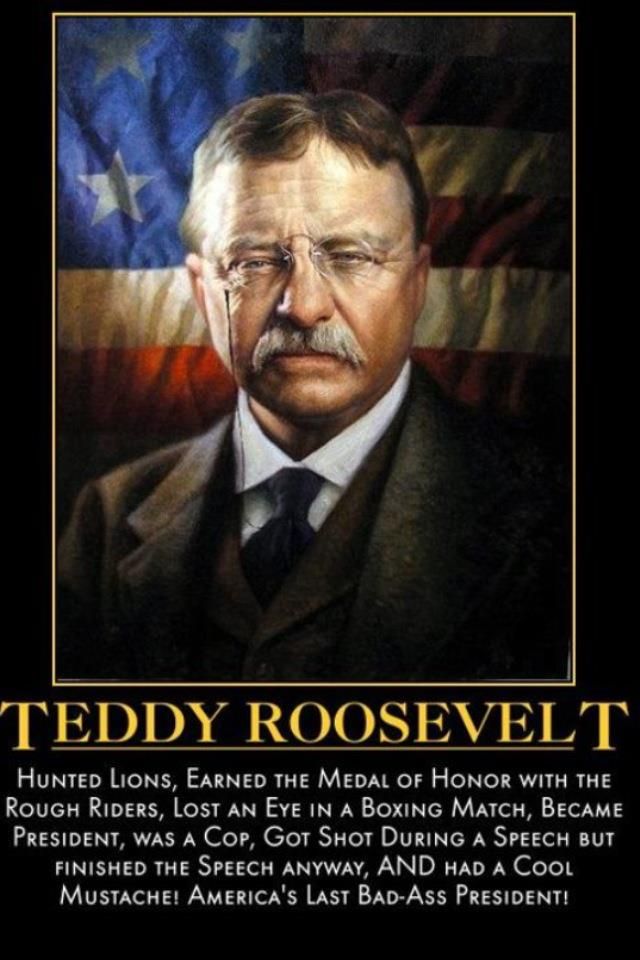It is not the critic who counts; not the man who points out how the strong man stumbles, or where the doer of deeds could have done them better. The credit belongs to the man who is actually in the arena, whose face is marred by dust and sweat and blood; who strives valiantly; who errs, who comes short again and again, because there is no effort without error and shortcoming; but who does actually strive to do the deeds; who knows great enthusiasms, the great devotions; who spends himself in a worthy cause; who at the best knows in the end the triumph of high achievement. and who at the worst, if he fails, at least fails while daring greatly, so that his place shall never be with those cold and timid souls who neither know victory nor defeat.
Theodore Roosevelt, Citizenship in a Republic, April 10 1910
Six years ago, I started this website to preserve the positive message of American nationalism in the face of the negativity of the first Trump Administration. The goal was to save the nationalist cause from Trump’s bombastic, confrontational rhetoric and restore it as a unifying call for constructive permanent change. We supported President Trump’s policies when we agreed and did not hesitate to oppose him when they degenerated into corruption and globalism. We did the same during the Biden Administration, praising some policies while damning most others.
At the same time, Theodore Roosevelt’s words from his “Man in the Arena” speech haunted me. I dealt with TR’s challenge by setting the creation of a new progressive nationalist movement as the ultimate mission of the site. While I am grateful to the approximately 300 subscribers to the site on various platforms, this is far from the number needed to overcome the highly polarized politics of our time.
I firmly believe the problem is not the message, but the shortcomings of the messenger. This cause deserves the youthful energy of a Charlie Kirk and the social media savvy of a Joe Rogan. It deserves its own “man in the arena” fighting under the inspiration of TR’s New Nationalism. Unfortunately, at almost 70 years of age, I lack the necessary energy, resources, and technical skills to achieve this. Thus, I have decided to offer the site and its assets for sale or transfer, in the hope of finding a leader more capable of maximizing its true potential.
Any buyer must prepare to satisfy the following terms, in descending order of priority:
- First and foremost, they must demonstrate a commitment to the ideology and unifying message of the site as expressed in our Mission Statement. No Internet troll or clickbait purveyor need apply.
- They must have the will and resources to expand the subscriber base and reach of the site and the progressive nationalist movement, along with a plan to do so.
- Next, while I would lose editorial control over the site, I would like to retain the right to continue submitting articles for publication.
- Finally, I hope to recover some of my personal investment, both material and in effort, in creating and building the site.
The assets of New Nationalism currently consist of the website domain www.newnationalism.com , a Facebook page, a Substack page, and other intellectual property. I will be happy to itemize the assets for any serious purchasers. Any inquiries should be directed to the editor’s mailbox at editor@newnationalism.com .
Finally, to those who subscribed to any of these sites, I am grateful and humbled by the faith and commitment you have shown to me and our mission. I am not giving up the fight. I am simply looking for a new, more robust leader whom we all can support. The goal of this process is to give us the opportunity to participate in an exciting movement that can actually build a strong America and strengthen the American people. If I am unable to find someone who can fulfill this role, I will retain the site and continue the mission at a sustainable pace. In the meantime, stay strong and God bless America!



